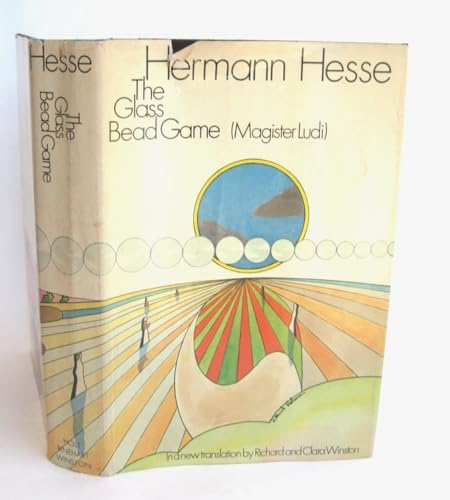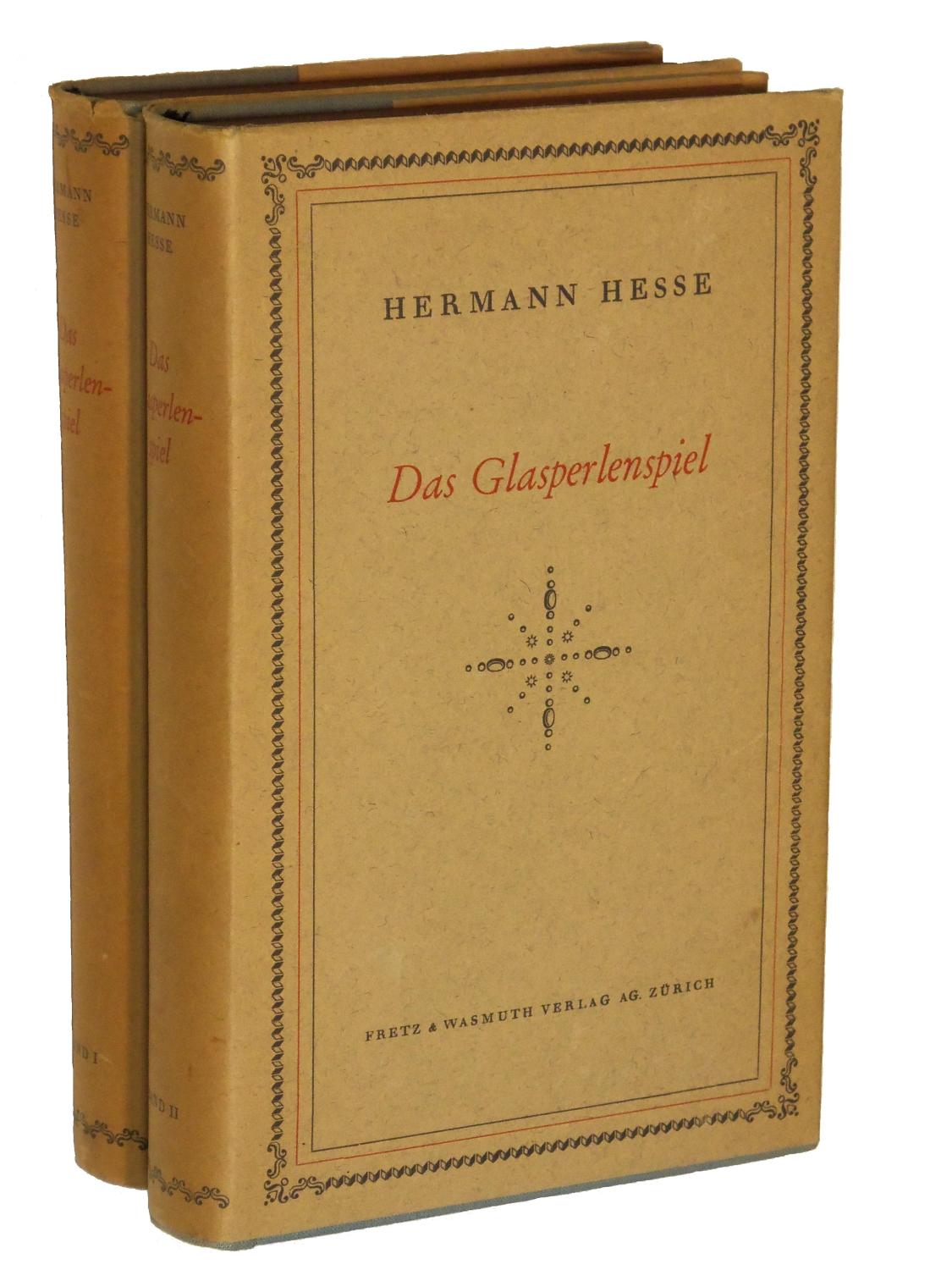

The novel is an example of a Bildungsroman, following the life of a distinguished member of the Castalian Order, Joseph Knecht, whose surname means "servant" and is cognate with the English word knight. It proceeds by players making deep connections between seemingly unrelated topics.

The game is essentially an abstract synthesis of all arts and sciences. Playing the game well requires years of hard study of music, mathematics, and cultural history. The rules of the game are only alluded to-they are so sophisticated that they are not easy to imagine. Castalia is home to an austere order of intellectuals with a twofold mission: to run boarding schools, and to cultivate and play the Glass Bead Game, whose exact nature remains elusive and whose devotees occupy a special school in Castalia known as Waldzell. The setting is a fictional province of central Europe called Castalia, which was reserved by political decision for the life of the mind technology and economic life are kept to a strict minimum. Hesse suggested that he imagined the book's narrator writing around the start of the 25th century. The Glass Bead Game takes place at an unspecified date centuries in the future. In 2019, the novel was nominated for the 1944 Retrospective Hugo Award for Best Novel. In honoring him in its Award Ceremony Speech, the Swedish Academy said that the novel "occupies a special position" in Hesse's work. In 1946, Hesse won the Nobel Prize in Literature.

But the title Magister Ludi is somewhat misleading, as it implies the book is a straightforward bildungsroman, when, in reality, the book touches on many different genres, and the bulk of the story is on one level a parody of the biography genre. "Magister Ludi" can also be seen as a pun: magister is a Latin word meaning "teacher", while ludus can be translated as either "game" or "school". "The Glass Bead Game" is a literal translation of the German title, but the book has also been published under the title Magister Ludi, Latin for "Master of the Game", an honorific title awarded to the book's central character. It was begun in 1931 in Switzerland, where it was published in 1943 after being rejected for publication in Germany due to Hesse's anti-Fascist views.

The Glass Bead Game (German: Das Glasperlenspiel, pronounced ( listen)) is the last full-length novel by the German author Hermann Hesse.


 0 kommentar(er)
0 kommentar(er)
